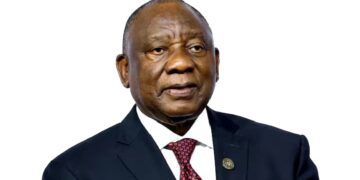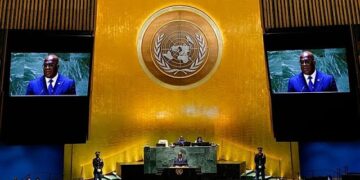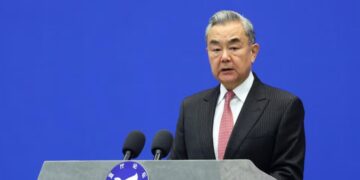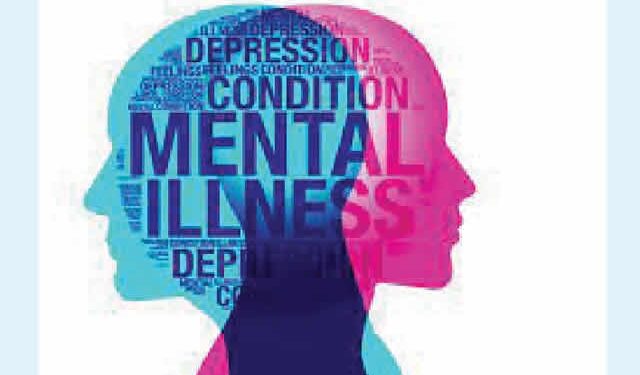By Ebi Kesiena
Psychiatrists and medical professionals have urged traders at the Nigerian Stock Exchange (NGX) to pay closer attention to their mental well-being, given their crucial role in driving the nation’s economy.
The appeal came during a closing-gong ceremony held on the floor of the NGX in Lagos, to mark the 2025 World Mental Health Day, an annual event observed globally on October 10 to raise awareness about mental health issues.
Speaking at the event, the Medical Director and Psychiatrist-in-Chief at Pinnacle Medical Services, Dr Maymunah Kadiri, said that while traders play an important role in sustaining the economy, the stress and volatility of stock trading can negatively affect their mental health.
She explained that the constant rise and fall of stock prices could easily lead to mental health problems among traders.
“When it comes to the Nigerian Stock Exchange, that is the heart of the nation’s economy. Over 75 per cent of individuals with mental health challenges do not have access to medical care. It is interesting to know that financial or economic issues are one of the triggering factors for mental health challenges.
“When it comes to NGX, we know that there are days that the market is bullish and there are days that the market is bearish, and the days when things are not going the way they want them to go, we can imagine the consequences that follow.
“The issue of burnout, stress, anxiety, and depression can be common among them because it is a workplace. In the NGX, which is the heart of the nation, they must be not only mentally aware but take deliberate steps in ensuring they are mentally stable.”
Kadiri encouraged traders to adopt healthy lifestyles and avoid substance abuse as a coping mechanism. She also called on Nigerians to speak up when facing mental health challenges and to reject the stigmatisation of people living with such conditions.
Similarly, the Medical Director of the Federal Neuropsychiatric Hospital, Yaba, Dr Olugbenga Owoeye, revealed that about 50 million Nigerians suffer from mental health issues, urging that greater advocacy was needed to make mental well-being a national priority.
“Money is important, but the brain that makes the money is much more important and we are here to say the mental health of Nigerians is important as well as the economy of Nigeria.
“We are so glad that they (NGX) received us and this shows that they are open to this conversation. There is a need to establish an Employee Assistance Programme on the floor of the NGX where mental health will be taken with all seriousness.”
Owoeye added that while the federal government has made efforts to improve access to mental healthcare, private organisations and stakeholders must also contribute to strengthening mental health support systems.
From a legal standpoint, Senior Advocate of Nigeria and Chairman of Pinnacle Medical Services, Yusuf Kadiri, called on the government to decriminalise attempted suicide, describing it as a manifestation of severe mental distress.
Experts have consistently warned that the country’s economic hardship and unemployment crisis are worsening mental health problems nationwide.
They have also called on the federal government to boost funding for mental health services, stressing that poor infrastructure continues to hinder effective treatment and support for vulnerable groups. These concerns highlight the need for structured mental health support within the NGX and across workplaces nationwide.



































